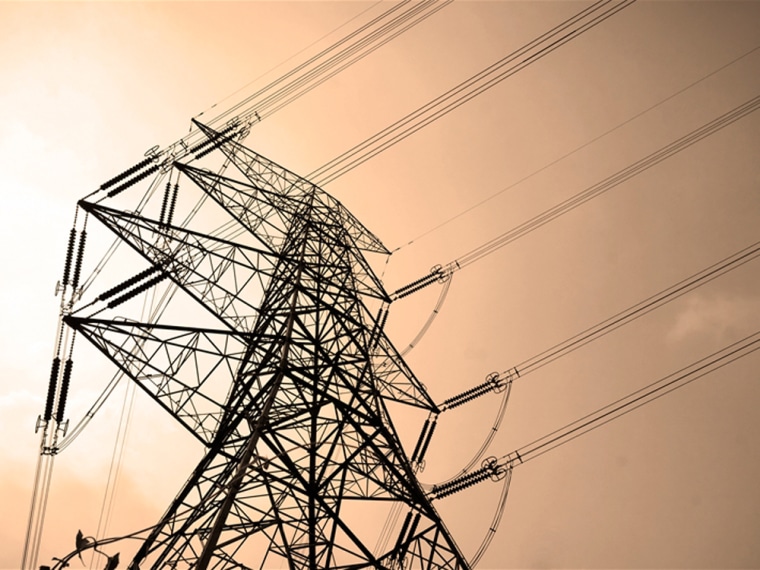Americans are worried about the nation’s energy problems and take some personal responsibility for them, but they don’t necessarily feel like they have the ability to make major changes soon to address them.
That’s according to a new survey from the Associated Press-NORC Center for Public Affairs Research, which was conducted earlier this year and released Thursday.
The survey found that 78 percent of Americans say energy issues are extremely or very important and 72 percent feel that way about gas prices.
Still, they place even more importance the economy, education and health care. And when it comes to finding solutions, they are looking to the energy industry and the government.
The poll found that 65 percent of Americans say the energy industry has major responsibility for increasing energy savings in the United States. About 58 percent said the government has that level of responsibility, and 57 percent said it fell to individuals such as themselves.
Nevertheless, Americans were willing to admit that they are at least partly to blame for the nation’s energy woes.
Nearly two-thirds of those polled said a major reason for the nation’s energy problems is that people use a lot of energy and are not willing to reduce that demand.
But the people surveyed were nearly equally likely to say that a major reason is that energy industry does not do enough to make energy-saving products and services more affordable. More than half also felt that the government should be extremely involved in finding solutions to the country’s energy problems.
The researchers found that Americans had a pretty sophisticated understanding of what steps would make a major difference in terms of saving energy, such as buying a more fuel-efficient car or installing insulation.
But they were much more likely to say that, realistically, they could make more moderate changes, such as turning down the thermostat or turning off lights, in the next year.
A major barrier to the bigger changes: The cost.
“Some of the more expensive things, like (buying a) fuel-efficient car or changing out the insulation in your home, those were some of the hardest thing that people thought to do,” said Jennifer Benz, a research scientist with NORC.
Benz said the researchers didn’t define what they meant by “energy problems,” and she noted that the term may mean many different things to many different people.
“Some people think of it in terms of cost. Some people think about it in terms of concerns about energy and the environment,” she said.
With money tight and the economy weak, Americans have been closely watching rising and falling gas prices, and paying close attention to things like heating and air conditioning bills.
But as economic concerns have taken a front seat, other research has shown that Americans are growing less concerned about the environment. After years or prioritizing the environment over economic development, a long-running Gallup poll has found that since 2009 Americans have placed higher priority on saving the economy than the planet.
